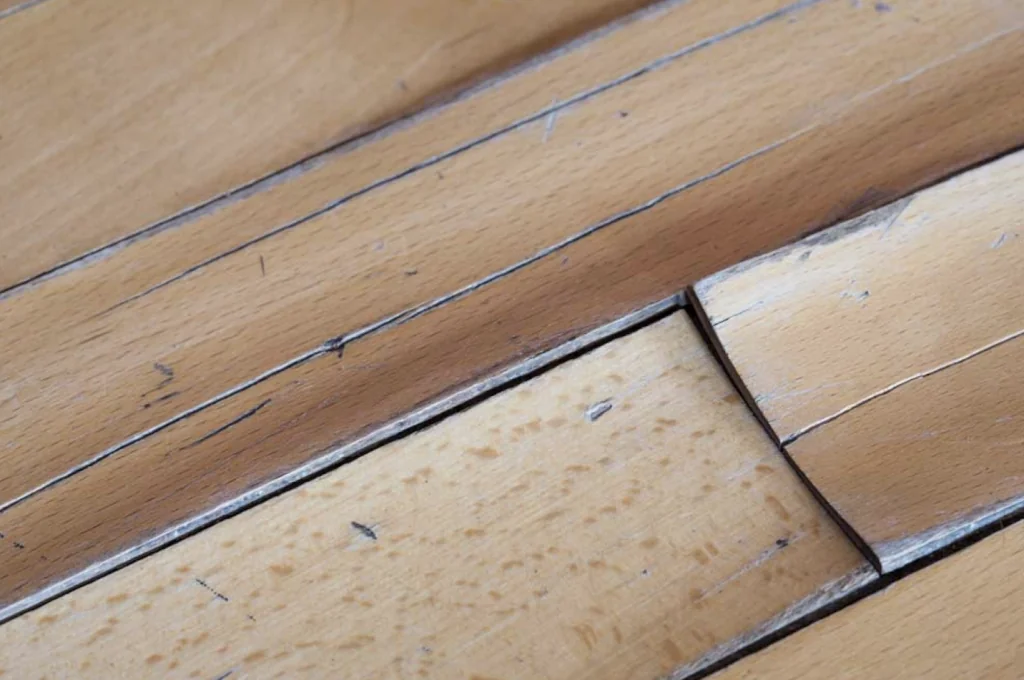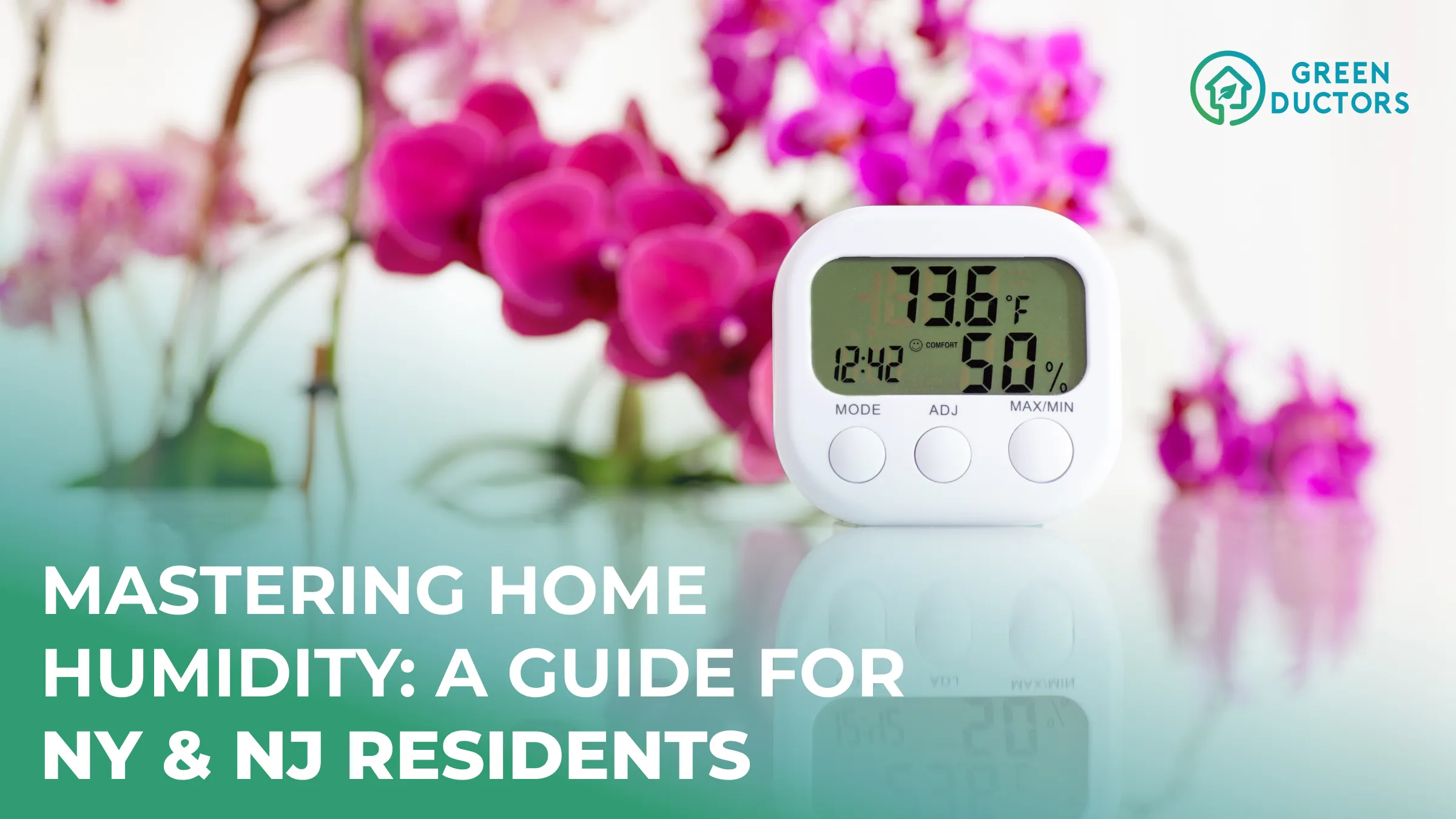Humidity walks a fine line. If it’s too high or too low, both you and your home can suffer. In today’s post, we wanted to discuss humidity’s crucial role and its impact on the overall comfort of your home. Let’s dive in.
Understanding the Impact of Humidity in New York & New Jersey
First, let’s take a look at the benefits and downfalls, shall we:
Effects of Humidity at Proper Levels
- Keeps wooden furniture and flooring happy
- Prevents dry skin and irritation for the homes inhabitants
- Reduces respiratory issues
- Improves the overall comfort of the home
Humidity Downfalls:
- If humidity is too high, it can lead to the onset of mold and mildew (you can even check out a prior article we did on this)
- High humidity means excess moisture, which can cause structural damage to things like walls, ceilings, and floor if left unattended
- Physical symptoms of high humidity can include fatigue. Plus, bacteria multiply much faster in high humidity.
- On the other hand, low humidity means dry air, which comes with its own set of side effects

Ideal Humidity Levels
Ideally, you should monitor the humidity levels in your home to know whether you should add or remove moisture from the air. The recommended levels are between 30 and 50%.
If levels are below 30% the air in the home can become too dry. Dry air leads to things like respiratory discomfort, dry skin, and damage to wooden furniture. This can especially be noticed in the colder months when the heat is on. On the other hand, high humidity (so above 50%) also isn’t ideal. As mentioned above, you can notice the effects of high humidity on the body as well as on your home.
Humidity can be monitored with a hygrometer. If too low, invest in a humidifier. If too high, invest in a de-humidifier.
Simple Tips to Manage Humidity in Your NY or NJ Home
If High:
- Ventilate: Exhaust fans are there for a reason. Use them. Especially after cooking or taking a hot steamy shower.
- Seal: If you have gaps around your windows or cracks in your foundation, you need to get them addressed. At minimum, the open crevasses can allow moisture to enter your home.
- Use Your AC: AC naturally removes humidity when cooling the air, so turn it on if applicable.
- Avoid Overwatering Plants: If you’re a fan of live plants, keep an eye on how much you water them. Plants in themselves release moisture, so watering should be done mindfully.
- Use a Dehumidifier: If all else fails, pick up a dehumidifier. Its main purpose is to remove excess moisture from the air.

If Low:
- Boil Some Water: By heating water, you can reintroduce the needed moisture into the air.
- Let it Flow: When showering, leave the door open to let the steam escape into the rest of the home.
- Air Dry: It’s counterintuitive if you’re used to using your dryer. However, by letting clothes air dry inside the home, you’re letting the water that’s in the clothes evaporate into the air.
- Use a Humidifier: A pretty explanatory step. If you need a dehumidifier for excess moisture, you need a humidifier for the lack of moisture.
In Conclusion: Creating a Healthier, More Comfortable Home in NY & NJ
Humidity can be tricky, so we wanted to shine some light on it. Can humidity make you sick? Sure, but if you monitor it in order to stay at the recommended levels (30-50%), you shouldn’t have a problem. Remember that your friends at Green Ductors are always close by. You can review our services on our website, and if in doubt about whether or not we can help with something, get in touch with our team (888-334-1612). We wish you a happy, healthy, home.

